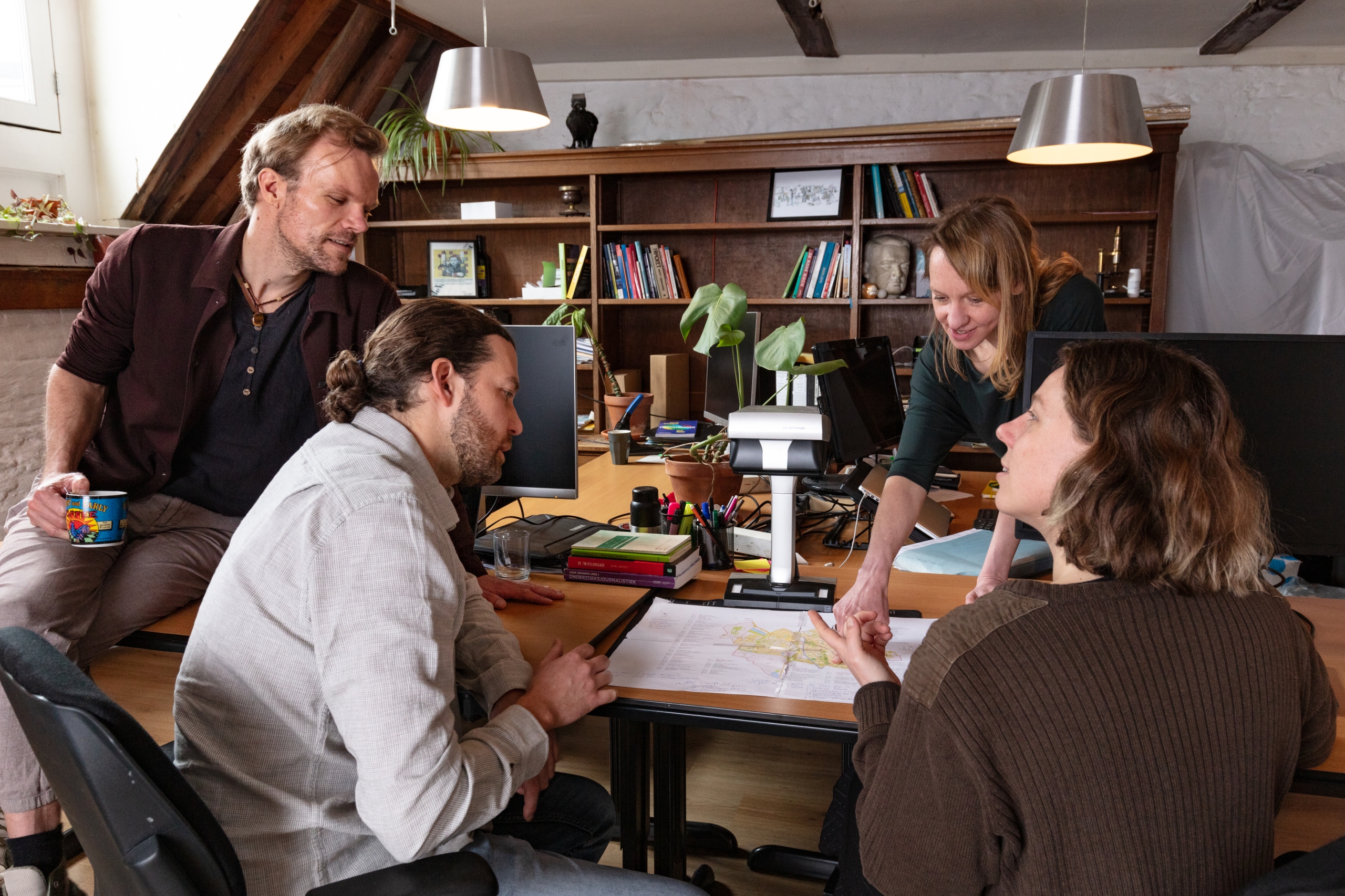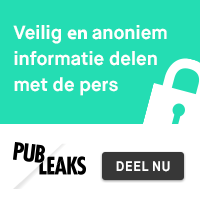FOIA-requests and archival research
For those who want to take a peek behind the scenes, relying solely on press spokespersons’ questions won’t suffice. Therefore, we heavily rely on Woo-requests (FOIA-requests) and archival work for our investigations. Few things bring us as much joy as large datasets or meters of paper to sift through in search of that one gem. For the story on Frits Böttcher, a Dutch climate skeptic funded by the business sector, we went through more than ten meters of paper in the North Holland archive until we found that one document we were looking for in an inconspicuous folder in archive box no. 53. Our research on the elite society De Tafelronde also stemmed from archival work.
In addition, Momus makes extensive use of the Woo: Open Government Act. This law establishes the right to access government documents. Anyone can request copies of emails, memos, minutes, and more on almost any imaginable topic. Submitting a Woo-request is relatively simple, but actually obtaining the documents is a skill of its own. Sometimes, this can lead to prolonged legal battles, as we have discovered in recent years.
The Momus team has based several investigations, either partially or entirely, on documents obtained through this process. This includes research on the collaboration between Dutch multinational corporations and the government in the Dutch Trade and Investment Board, as well as the ongoing Shell Papers investigation, which focuses on the ties between the Dutch government and Shell.
These requests often result in a vast amount of data. Our combination of a slight obsession with meticulously reviewing government documents and the right software to organize them allows us to find the needle in the haystack nonetheless. In the case of the Shell Papers, we also collaborate with our readers. A dedicated website provides access to and allows searching through all the documents we have obtained so far, and readers can send us tips if they come across anything of interest.
(International) Fieldwork
Momus is not solely focused on devouring paperwork. The team also ventures into the field to listen to voices that need to be heard. People facing exclusion, exploitation, fraud, or political mismanagement become involved in our journalism. Merel de Buck and Jilles Mast, both trained anthropologists, apply their academic skills in this regard. Our research on the impact of the “gas boom” in Mozambique on the country’s citizens serves as an example.
Data research
Statistics play a role in many of our investigations. Sometimes, we rely on public statistics (such as those from the Central Bureau of Statistics) or other scientific sources. At other times, we perform our own calculations and demonstrate how we arrived at them. Alexander Beunder, Momus’s in-house economist, conducted an extensive analysis of the tax burden on multinational corporations. And recently, we revealed that the NAM (Nederlandse Aardolie Maatschappij) earns billions from gas storage in the Dutch soil.
Collaboration
No Momus investigation would have come to fruition without engaging with other experts, organizations, academics, journalists, or involved readers who share their tips or personal experiences with us. Collaboration is highly valued by us, including with other (research) organizations from civil society.

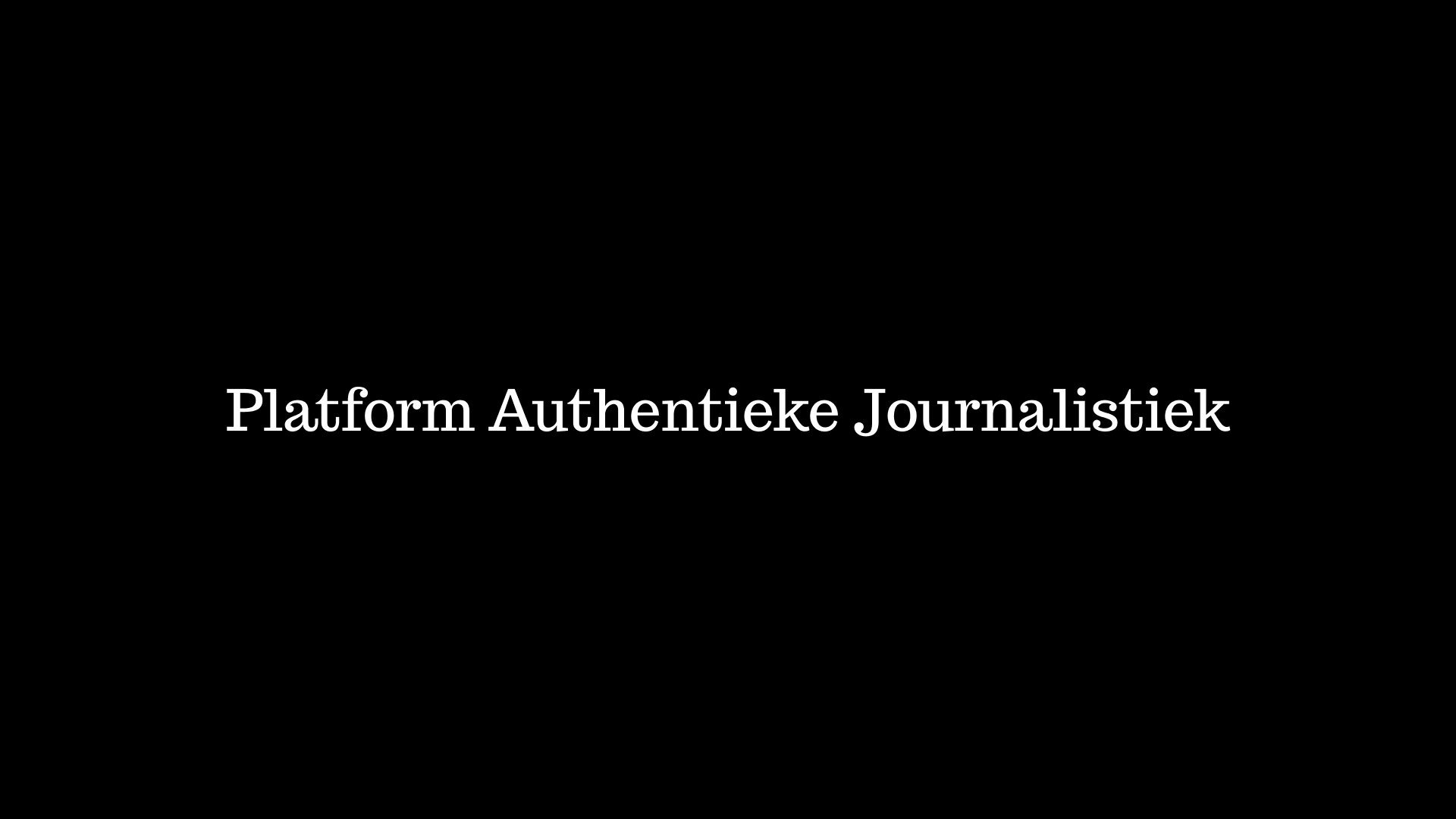
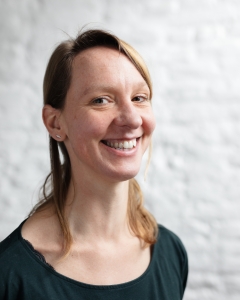
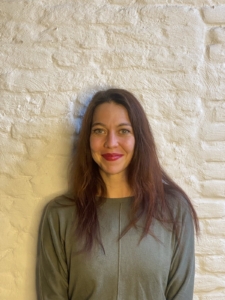
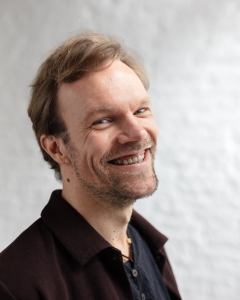
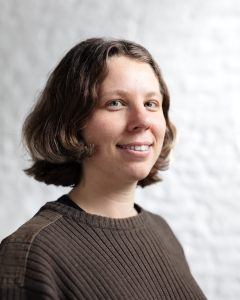

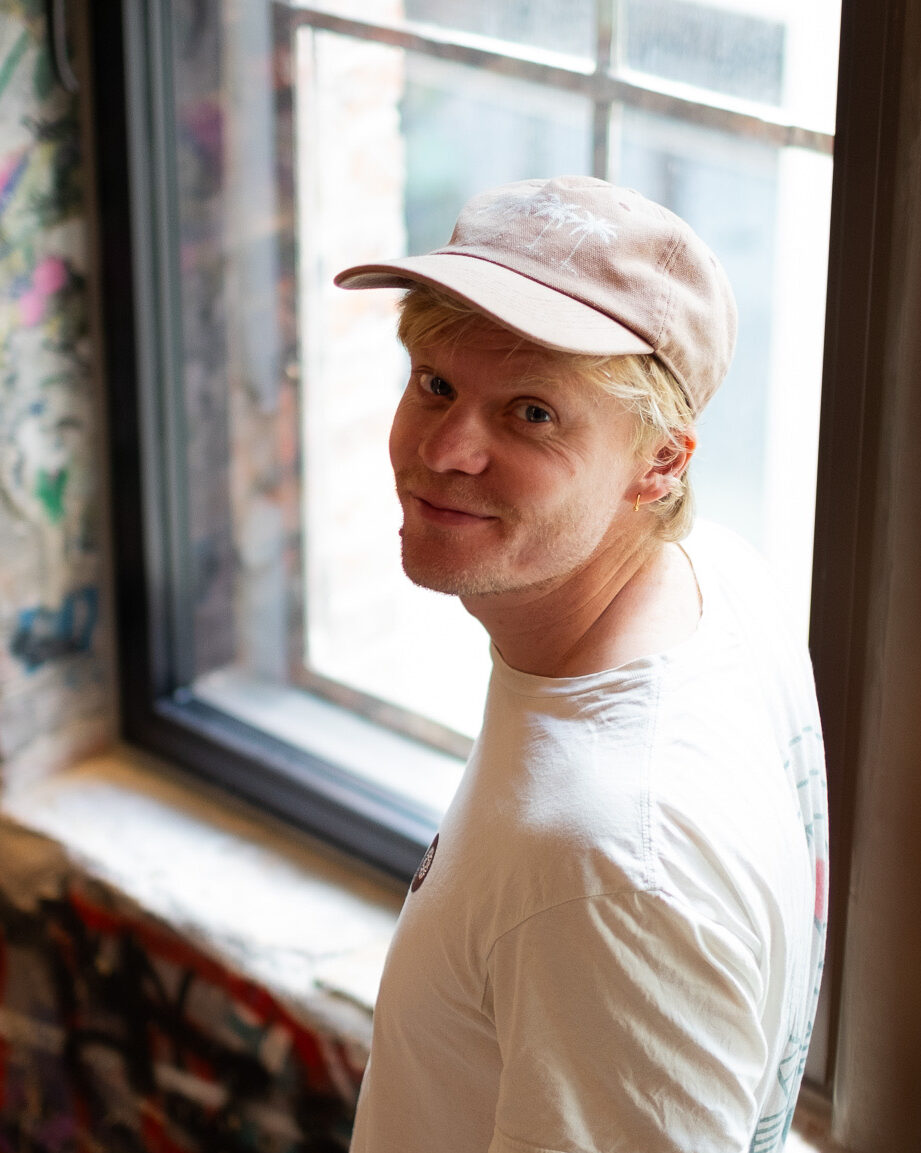

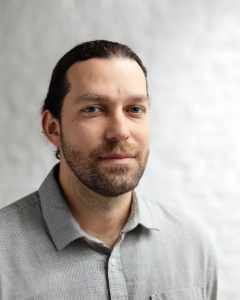
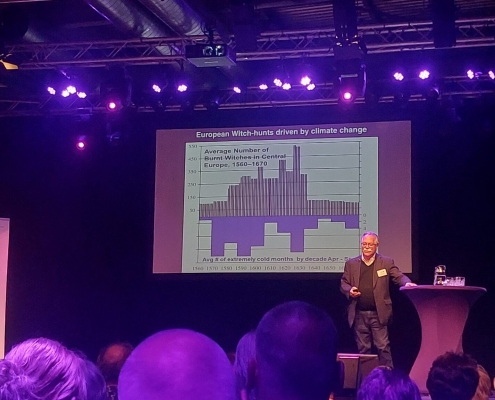 24-07-2024
24-07-2024
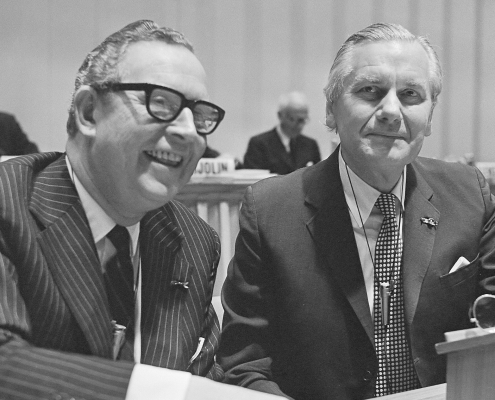
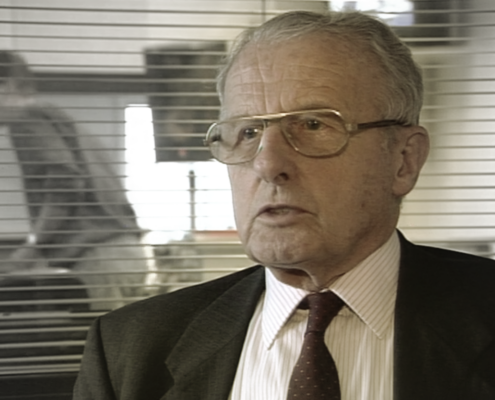
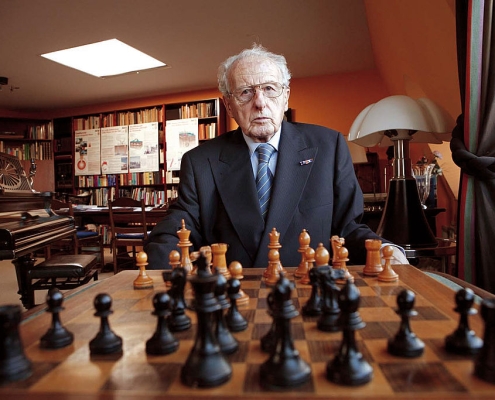
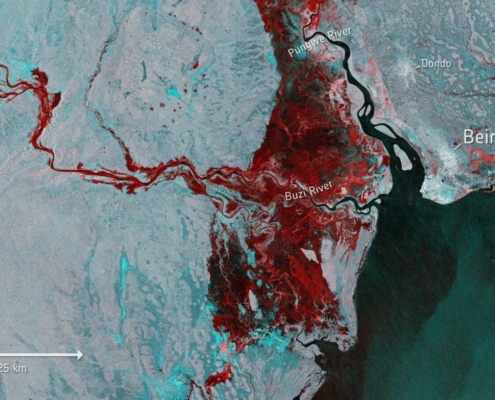
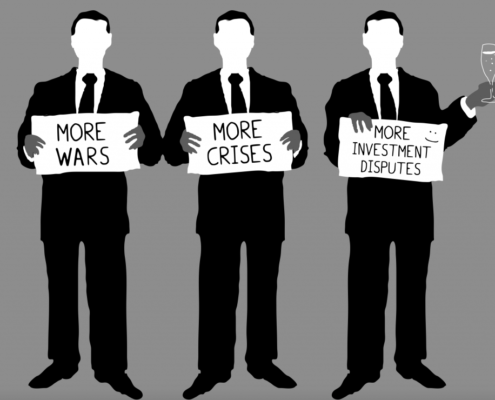
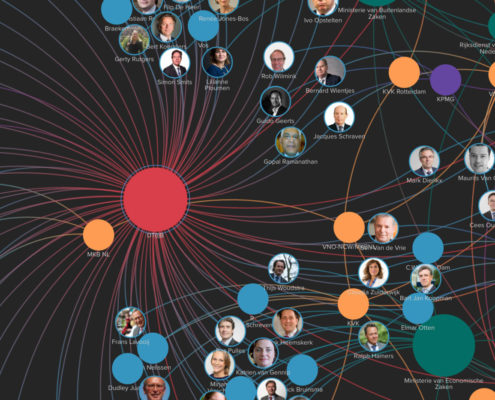
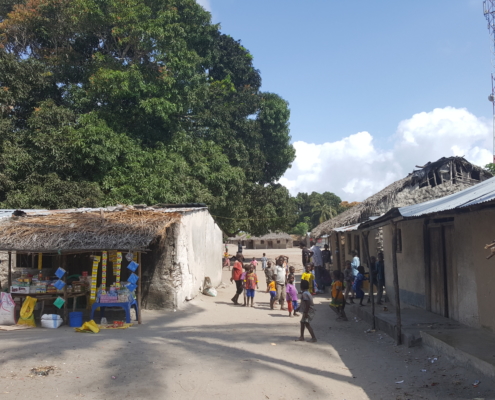
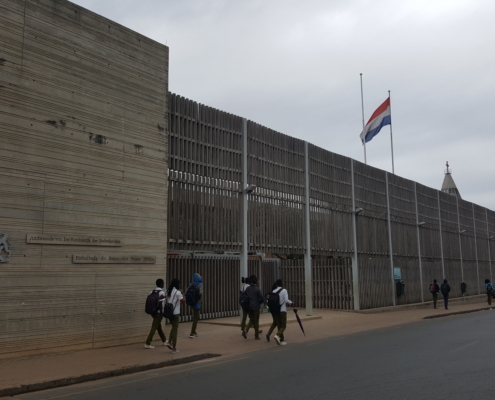
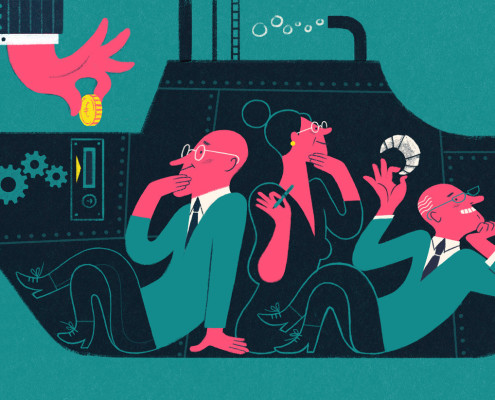
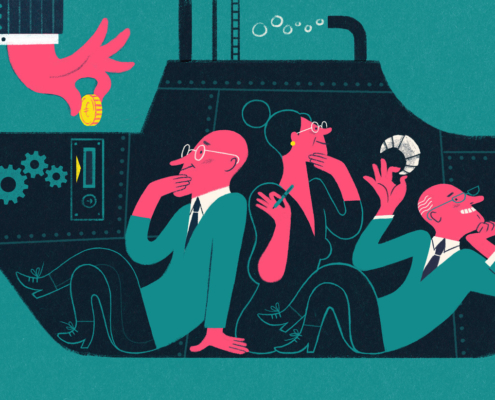
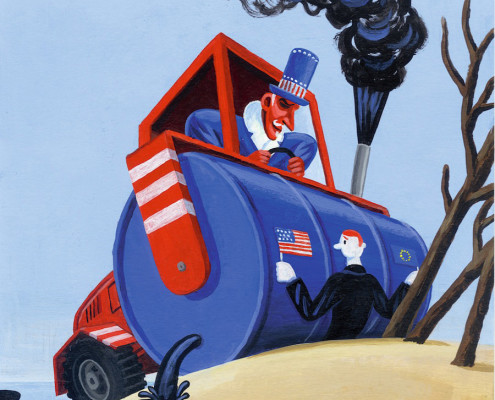
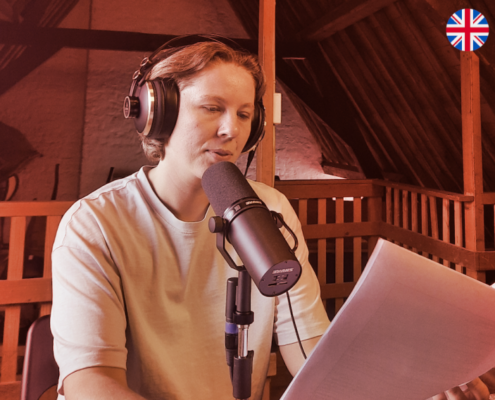
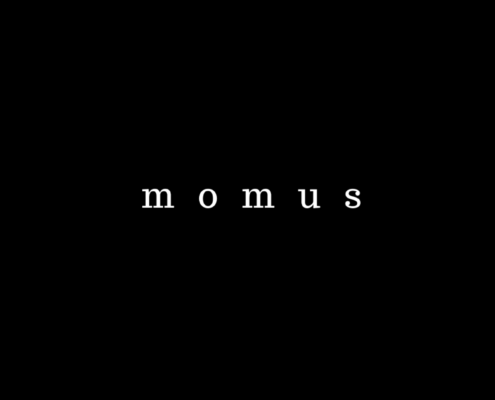
 Beeld: Pixabay (https://pixabay.com/illustrations/ocean-sunset-mirror-reflection-6507058/) en Wikimedia (https://commons.wikimedia.org/wiki/File:Cathrine_Gyldensted_2021.png)
Beeld: Pixabay (https://pixabay.com/illustrations/ocean-sunset-mirror-reflection-6507058/) en Wikimedia (https://commons.wikimedia.org/wiki/File:Cathrine_Gyldensted_2021.png)